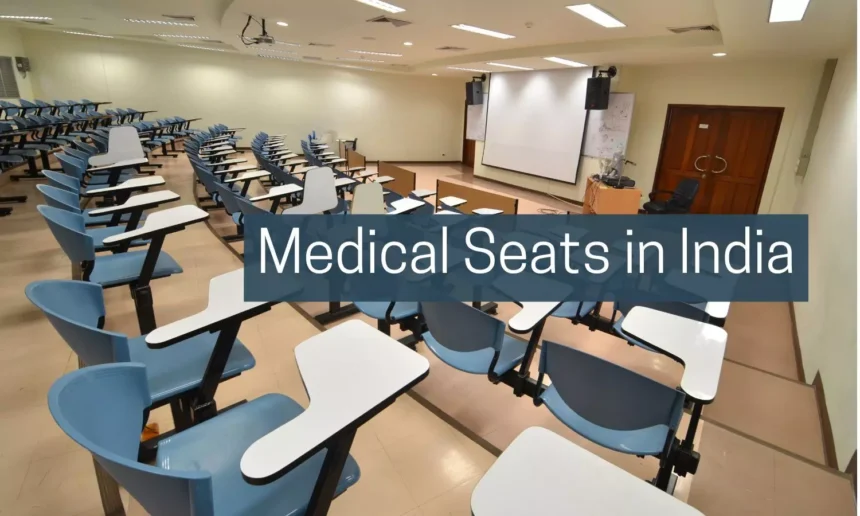In an effort to tackle the shortage of specialized doctors in the country, official sources have revealed that the number of postgraduate seats will be increased to match the number of undergraduate seats. This move comes as the government sets a target of three years to close the existing gap while maintaining high-quality education standards.
To achieve this goal, the government plans to introduce Diplomate of National Board (DNB) courses in both private and district hospitals. This will provide aspiring doctors with additional opportunities to pursue postgraduate studies and specialize in various medical fields. The move is expected to significantly increase the number of skilled doctors in the country, addressing the growing concerns regarding the lack of specialized healthcare professionals.
Data from the government indicates a notable rise in the number of medical colleges since 2014, suggesting an increased focus on medical education. However, this expansion has not been proportional to the rising demand for specialized healthcare services. The scarcity of doctors with advanced qualifications has resulted in challenges in delivering comprehensive healthcare to the population.
By equalizing the number of postgraduate and undergraduate seats, the government aims to create a more balanced medical education system that caters to the growing needs of the healthcare sector. This approach will not only enhance the availability of specialized doctors but also improve the overall quality of healthcare services.
The introduction of DNB courses in private and district hospitals will play a crucial role in achieving these objectives. These courses, offered by the National Board of Examinations (NBE), provide an alternative pathway for doctors to obtain postgraduate qualifications. By expanding the availability of DNB courses, aspiring doctors will have the opportunity to pursue advanced studies closer to their hometowns, reducing the need to travel long distances for specialized education.
Moreover, incorporating private and district hospitals into the postgraduate training system will help distribute the burden of medical education and training. Currently, the majority of postgraduate seats are concentrated in government-owned medical institutions, resulting in limited opportunities for aspiring doctors who are unable to secure admission to these prestigious institutions. By involving private and district hospitals, the government aims to expand the pool of available postgraduate seats, thereby increasing accessibility and creating a more inclusive medical education system.
While the government is committed to closing the gap in postgraduate seats, it has emphasized that there will be no compromise on the quality of education. Maintaining high standards is crucial to ensuring that doctors are well-prepared and competent in their respective fields. The government will work closely with medical regulatory bodies and educational institutions to ensure that the necessary infrastructure, faculty, and resources are in place to support the increased number of postgraduate seats without compromising the quality of training.
The government’s decision to equalize postgraduate and undergraduate seats is a significant step towards addressing the shortage of specialized doctors in the country. By introducing DNB courses in private and district hospitals, the government aims to bridge the existing gap within three years. This move will not only increase the availability of skilled doctors but also enhance the overall quality of healthcare services. With a focus on maintaining high educational standards, the government is committed to creating a more balanced and inclusive medical education system that meets the growing demands of the healthcare sector.




